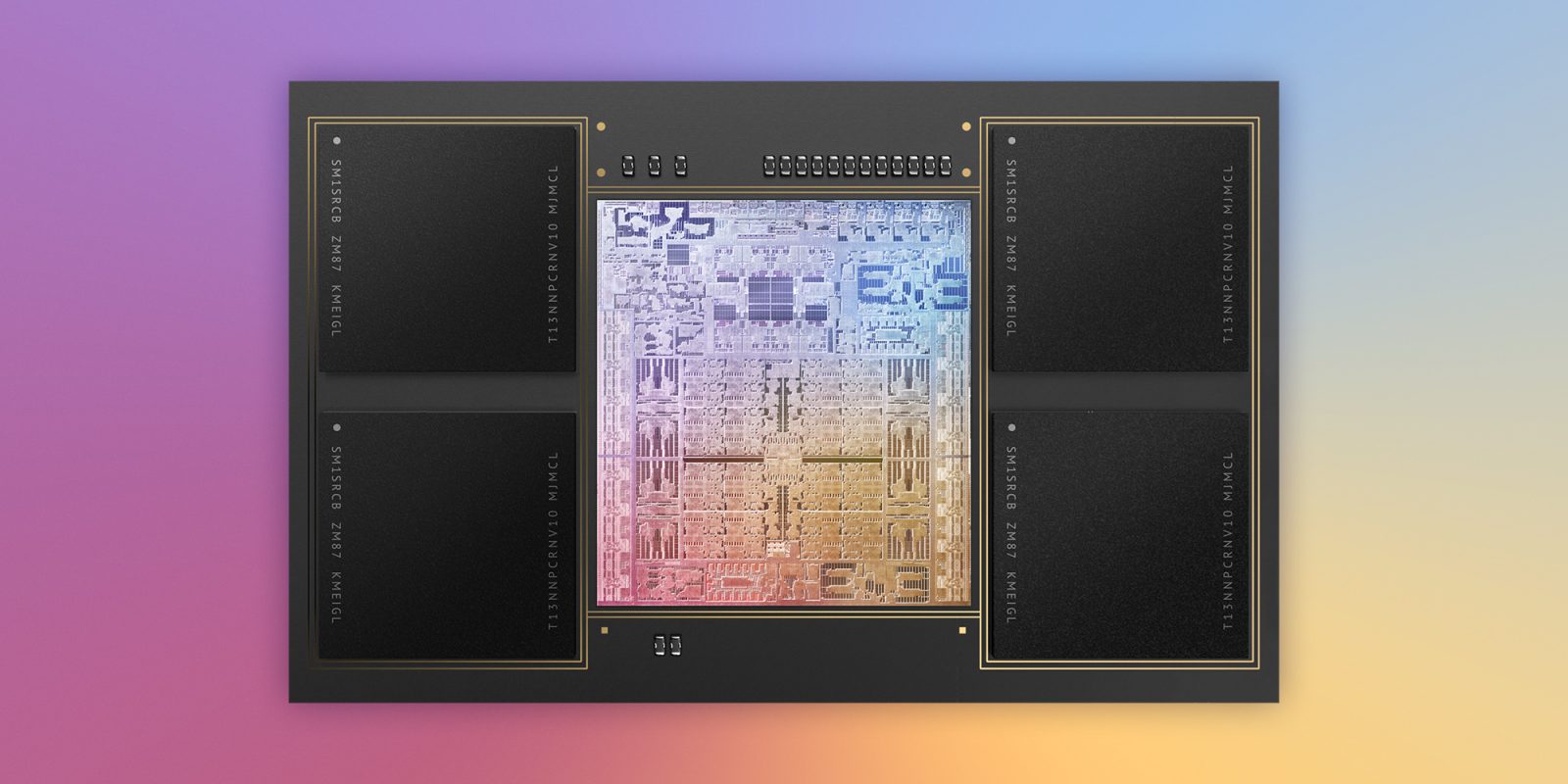
As Apple continues to transition the Mac to its own Apple Silicon processors, Intel isn’t looking the direction. As first reported by Tom’s Hardware, Apple’s director of Mac System Architecture, Jeff Wilcox, is departing the company to join Intel. At Intel, Wilcox will become an “Intel Fellow” and service as the chief technology officer of the design engineering group.
Wilcox announced the career change in a pair of posts on LinkedIn, first announcing his departure then later revealing his move to Intel. Prior to his departure this month, Wilcox had worked on Apple’s Mac System Architecture team for over eight years.
In fact, Wilcox touts on his LinkedIn profile that he “led the transition for all Macs to Apple Silicon,” including work on the M1 chip and the T2 security chip. Reflecting on his time at Apple last month, Wilcox wrote on LinkedIn:
It has been an incredible ride and I could not be prouder of all we accomplished during my time there, culminating in the Apple SIlicon transition with the M1, M1 Pro and M1 Max SOCs and systems. I will dearly miss all of my Apple colleagues and friends, but I am looking forward to the next journey which will start at the first of the year. More to come!
Wilcox now serves as an Intel Fellow and the lead of the company’s Design Engineering Group, making him responsible “for the architecture of all SoCs for all Intel client segments.” This actually marks a return to Intel for Wilcox, as he worked at the company from 2010 through 2013 as a principal engineer for PC chipsets.
“I could not be more thrilled to be back working with the amazing teams there to help create groundbreaking SOCs. Great things are ahead,” Wilcox wrote on LinkedIn this week announcing his move back to Intel.
9to5Mac’s Take
Apple has lost a handful of engineers from its silicon team over the last two years. Most notably, three engineers departed Apple to start a new chip company called Nuvia, which was eventually acquired by Qualcomm. Apple is currently embroiled in a legal battle with one of those engineers, Gerard Williams.
Whether or not we start to see the effects of these departures on the Apple Silicon progress remains to be seen. Apple’s chip team, however, has proven to be incredibly capable under the leadership of Johny Srouji, Apple’s senior vice president of hardware technologies.
Apple is expected to continue the Apple Silicon transition this year with a new M2-powered MacBook Air as well as new high-end Mac mini, iMac, and Mac Pro machines.
FTC: We use income earning auto affiliate links. More.




Comments